Troy Baker, Principal of St Joseph’s Primary School, today reads from the Gospel of Luke (14: 1-6) in which the Pharisees quiz Jesus about whether it is right or wrong to heal on the Sabbath. In this passage, Troy says, we see Jesus boldly asserting His Lordship over the Sabbath, a concept that was both revolutionary and controversial in His time. The Sabbath: A day set apart by God in the Old Testament as a day of rest and worship. It was a sacred day, a day where work was forbidden, and strict rules were observed. However, Jesus, in His divine wisdom and authority, challenges these rigid interpretations and demonstrates that the Sabbath was made for man, not man for the Sabbath. The Pharisees: The religious leaders of the time had created a legalistic system around the observance of the Sabbath. They had a long list of what could and could not be done, and they used this system to exert control and maintain a sense of self-righteousness. But Jesus, in His interaction with the man suffering from swelling, shows us that the Sabbath is not about legalistic observance, but about love, mercy, and compassion, which connects us back to yesterday’s reflection from All Souls Day about the unconditional love of Christ. Jesus’ question to the Pharisees: “Is it lawful to heal on the Sabbath or not?” was not asked out of ignorance. Jesus knew the law, but He wanted to expose the Pharisees’ hypocrisy and their misunderstanding of God’s law. When they remained silent, Jesus healed the man, demonstrating that doing good and showing love and compassion was not in violation of the Sabbath. Instead, it was the very essence of what the Sabbath was meant to be. Jesus then asked the Pharisees another question: “If one of you has a child or an ox that falls into a well on the Sabbath day, will you not immediately pull it out?” Here, Jesus is highlighting the inconsistency in their beliefs. They would break their own rules if it meant saving their child or even their ox, but they were willing to let a man suffer because it was the Sabbath. This shows that their understanding of the Sabbath was not only flawed but also lacked compassion and love. Jesus is not doing away with the Sabbath: Instead, He is redefining it, shifting the focus from a list of do’s and don’ts to a day of rest, worship, and doing good. He is showing us that the Sabbath is not a burden, but a blessing, a day to cease our labors and focus on God and on loving others. Troy says this challenges us to examine our own understanding of the Sabbath: Are we, like the Pharisees, focused on the rules and regulations, or are we, like Jesus, focused on love, mercy, and compassion? Are we using the Sabbath as a day to rest in the Lord and to do good, or are we using it as a day to promote our own self-righteousness? Troy refers to the writings of Pope Francis about reaching out to the marginalized, to the other, and says this is the work of the Sabbath and, indeed, of everyday and is the work of God. In closing he says this passage is really asking us to question ourselves about how we are reaching out and looking after those less fortunate than ourselves.

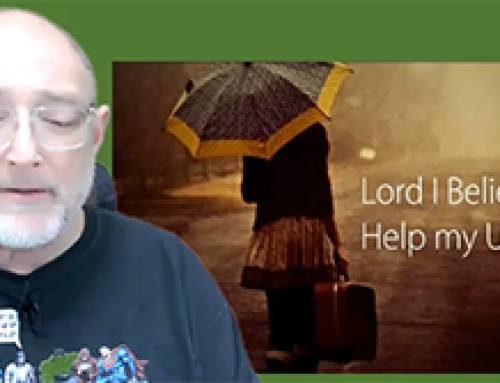
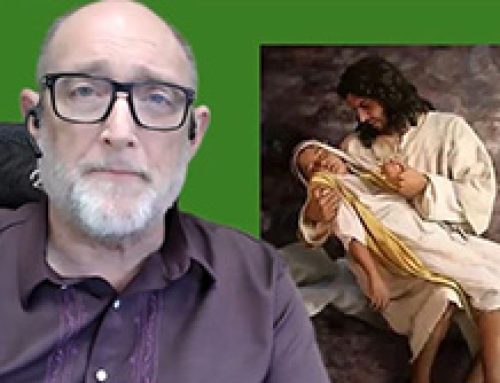
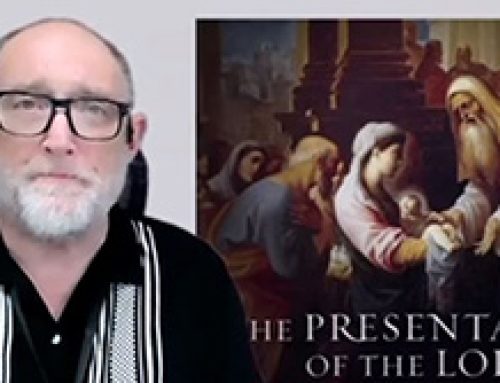
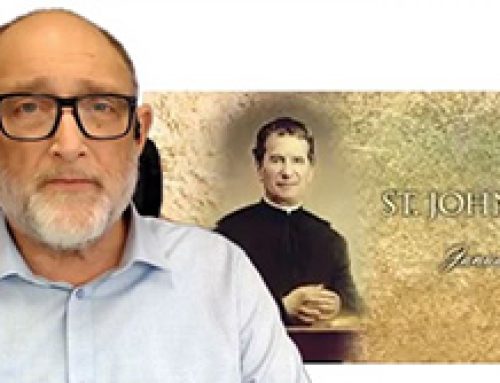
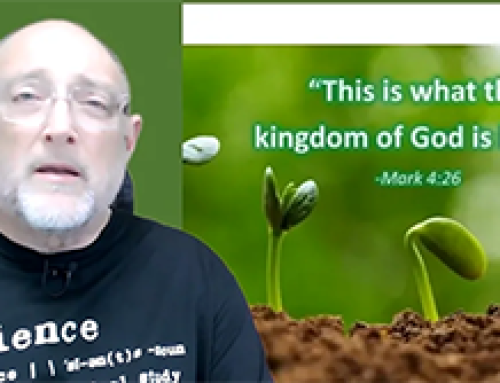
Leave A Comment